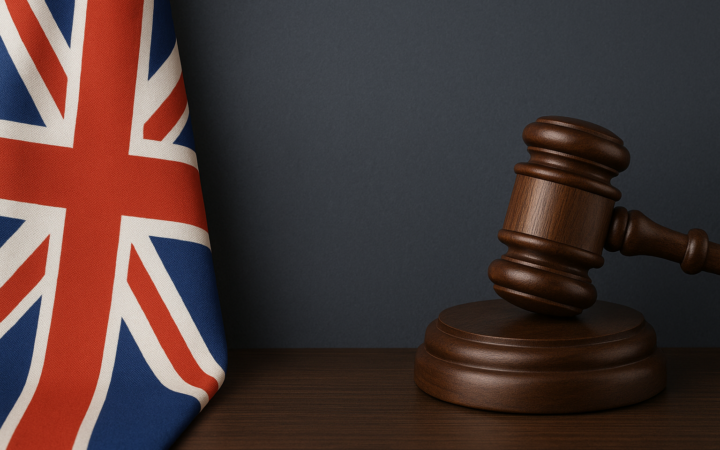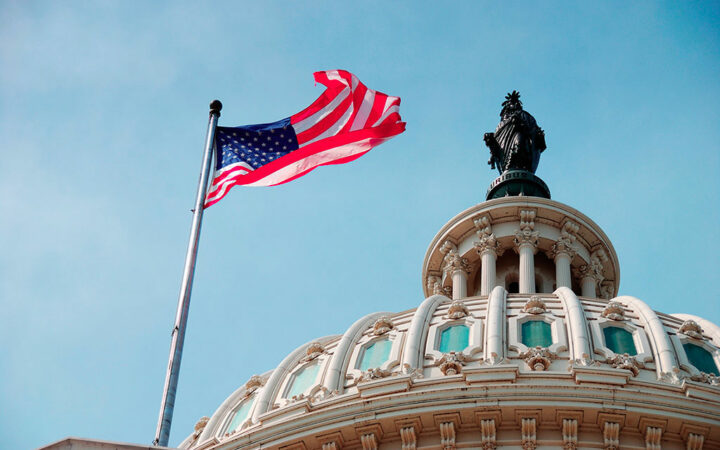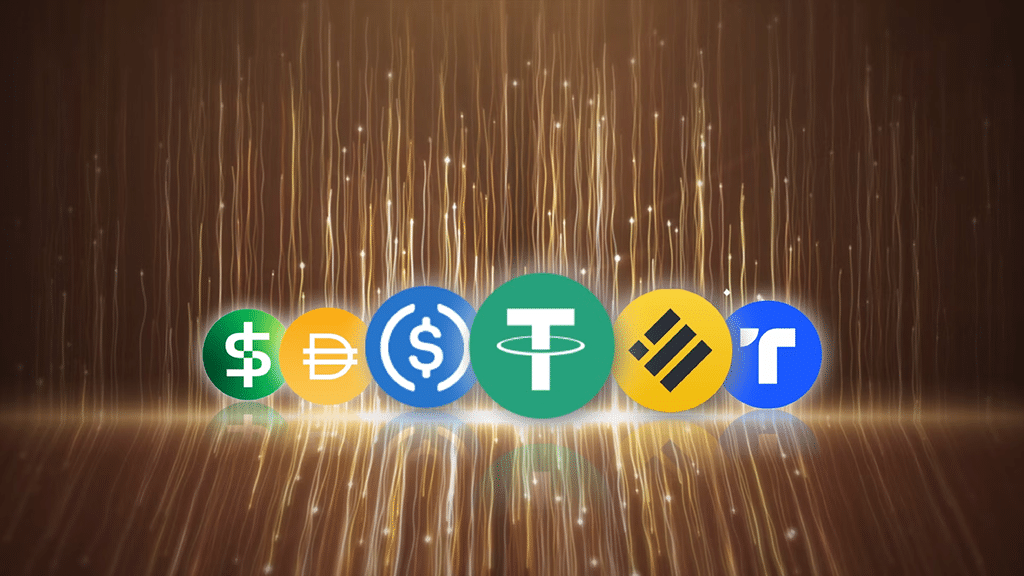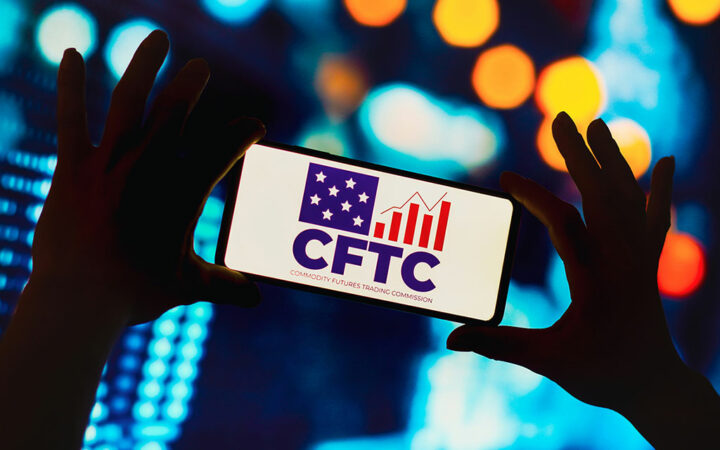
Jeff Fawkes is a seasoned investment professional and a crypto analyst. He has a dual degree in Business Administration and Creative Writing and is passionate when it comes to how technology impacts our society.
What will happen to the centralized stablecoins in terms of payment anonymity? At the moment only one thing is clear: the banks will likely force masses to use their stablecoins with anonymity or without it.
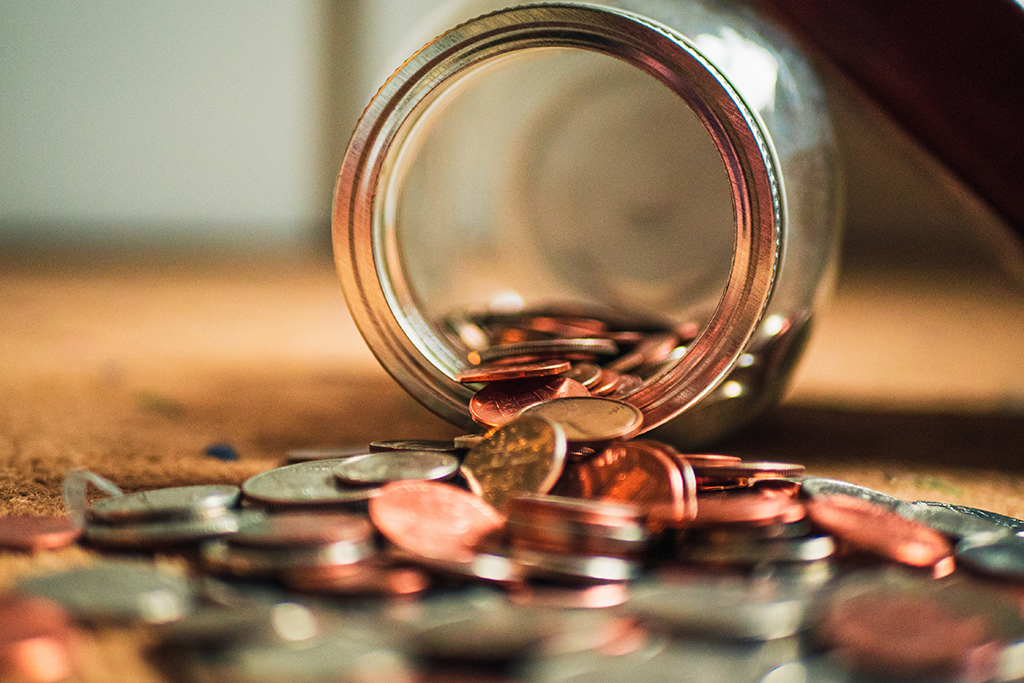
Cryptocurrency anarchists want to drag the cash to the Internet by saving the user’s ability to transact anonymously. The anarchists use cryptography for such purpose. Contrary to that, the governments and banks want all the payments to be traceable. This is what happens when people use bank cards, deposits, personal accounts, etc.
From what we’ve seen in the mainstream financial media in recent months, global players like the European Central Bank, the People’s Bank of China, want to invent their stablecoins. If centralized government-backed stablecoins economy happens, it will be an attempt to drag the cash to the Internet while pretending that even the nasty cyberpunks are onboard and everything moves strictly by the books. During the process, they will invent lots of childish baits and silently cut off the core property of cash: anonymity.
Most of the developed countries already got “accustomed” to pay with bank cards for food, apartment, cinema tickets, pizza, phone refills, online accounts, subscription renewals, domains and more. Players around the world buy weapons and armor in virtual worlds, created in best game studios like Blizzard. Electronic Arts, Ubisoft, Piranha Bytes, CD Project RED, GSC Games, etc.
From day to day, online payments become a common cause. But the banks forget to remind the public that virtual payments are traceable. Anyone can gain access to the detailed information of your phone calls for $38 from one of the Telegram’s confidential informants. Imagine the face of your parents when they read detailed writing out of your past 10 years card transactions. What were you buying? Oh, crap…
Often when people criticize something, someone says: “propose your solution, don’t waste time on negative!”. Regarding stablecoins, the solution is to let blockchain do its job and not try to downgrade it.
Imagine the new world that emerges after officials declare that cash is not money and everyone must use the stablecoins. Minted by the ECB, the FED, or the PBoC, the coins will be fully traceable to regulators and large corporations, just like now. The upper circles won’t consider a possibility of devastating wars that may start between corporations, poor young anarchists, cops and mafia. Lots of people could lose jobs, wealth, and such a mess is not a telltale. Armageddon already happened with the greatest empires.
Look at how the USSR collapsed. Despite being in the top 3 countries by the wealth, having a huge army, ships, submarines, resources, lands, and nukes, they failed to save the Ruble. Russians were controlling half the globe, the empire did influence 15 countries, but it didn’t manage to save the money. Like, it’s amazing, right? Trillions and trillions of rubles became paper in just one second.
Bitcoin and other such currencies give the right to own money, not ‘financial solvency’ or paper-backed three-layered and twice-restructured debt. Bitcoin is a mocking reminder to banks that regulated stablecoins, created by the centralized banks, will still have to sharpen their privacy measures. Otherwise, one of the key features of cash will be lost, and this cannot happen.
The regulators mustn’t sit behind the back of all the startups and developers and make them spy on users under the fear of departure or bankruptcy. The KYC procedures must be optional everywhere because otherwise, the payments will never be fully anonymous. Such a turnover can make investigations harder, the police will have to work with people and think, instead of blindly follow the data given by cameras, crypto exchanges, mobile phone operators, cookies, etc. But this is one more opportunity to double-check everything. As we see, policemen from developing countries make conclusions using the incomplete data when the investigation comes to cryptocurrencies or other computer-related matters.
The government-backed stablecoins must inherit anonymity or musicians, actors, your friends, and relatives may appear in jail very soon under very different circumstances.
Bitcoin and the decentralized transaction confirmation structures are the gentle reminders that the current system is not perfect. It is easy to break into it, and it works on fake money. Few outlets post articles on that matter.
Sometimes, banks experience hacking attacks. The hacker may tun off the whole ATM network in the region or countrywide for a day or two. Blockchain, among its other merits, is hacker-proof even in currencies with small hash rate.
Banks create money out of thin air. In the blockchain, you can set a hard cap on the total monetary supply of the currency. Then, everyone mining such a crypto automatically agree on initial limitation. They also agree on the risks of storing and possible inequity in coins allocation rules.
So the banks will likely force masses to use their stablecoins, with anonymity or without it. Doesn’t matter if those stablecoins are backed by gold, fiat money or obligations, or by fear of punishment. They could be extremely encrypted, with only a few entities having access to closed info. Or they could contain holes in code and dump out the data like the typical clerks do nowadays. No matter what, the users can instantly shift attention to “free” alternatives every time they see a traceable ‘stablecoin’ is posing a threat to their inner balance.
Disclaimer: Coinspeaker is committed to providing unbiased and transparent reporting. This article aims to deliver accurate and timely information but should not be taken as financial or investment advice. Since market conditions can change rapidly, we encourage you to verify information on your own and consult with a professional before making any decisions based on this content.

Jeff Fawkes is a seasoned investment professional and a crypto analyst. He has a dual degree in Business Administration and Creative Writing and is passionate when it comes to how technology impacts our society.
